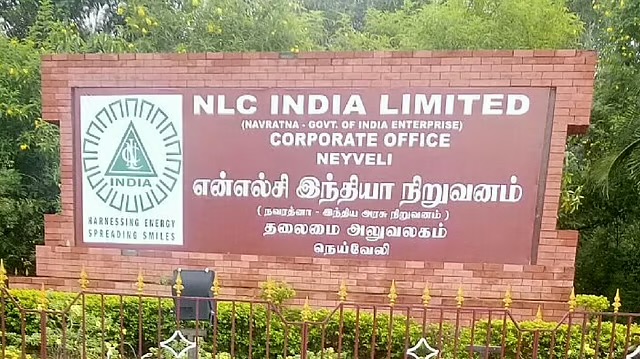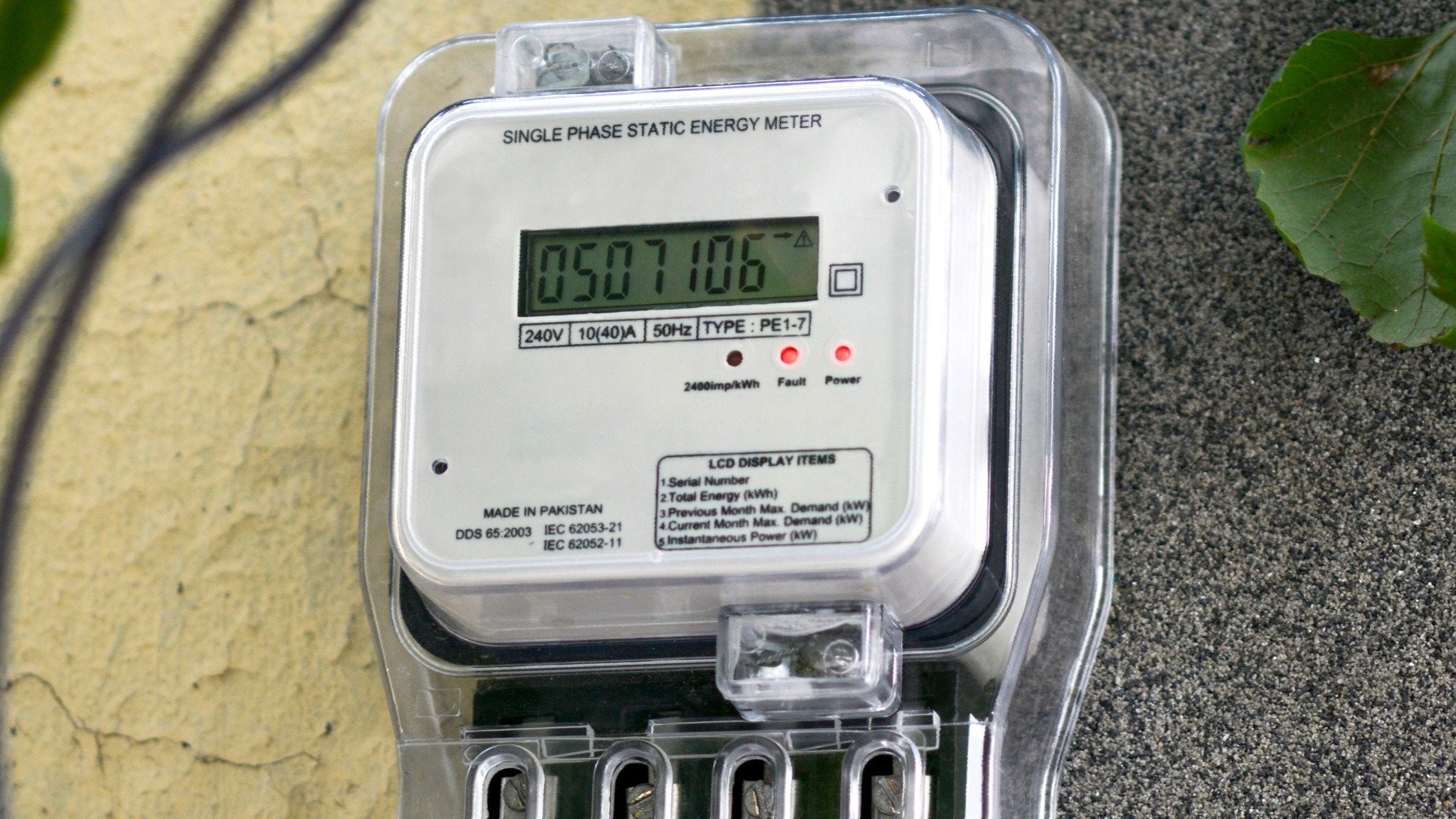NLCIL Under Spotlight for Approving Cost Hike in Jharsuguda Resettlement Project

Internal Objections Overridden as Resettlement Project Cost Rises by ₹33.78 Crore
Bhubaneswar : A resettlement and rehabilitation (R&R) project meant to support families displaced by Neyveli Lignite Corporation of India Limited’s (NLCIL) thermal power plant in Jharsuguda has now triggered serious concerns over governance, transparency, and contract compliance within the PSU, reported the New Indian Express.
According to the report NLCIL approved a ₹33.78-crore escalation in the project’s cost—despite internal objections, explicit contractual clauses prohibiting such revisions, and the absence of a price-variation provision. The escalation has since drawn legal attention, with a petitioner approaching the Madras High Court seeking a CBI probe.
Project Costs Jump Despite Contract Lock-In
The project in question involves the construction of 537 houses, roads, water pipelines, and public facilities in Hirma village for displaced families from the Talabira thermal power project. Originally awarded to private contractor RSB Projects for ₹138 crore in December 2022, the work was supposed to be completed by July 12, 2024.
However, on April 24, 2025, months after the scheduled completion date and with most of the work still pending, NLCIL’s general manager (civil) issued an order revising the contract value upward by 24.48% to ₹171.75 crore.
The letter justified two major revisions:
• An 18.47% hike for remaining works in four colony blocks (A, B, C, K) executed after the original completion deadline.
• A 23.47% hike to construct the remaining 216 houses.
The approvals were reportedly based on a recommendation by a sub-committee of NLCIL directors.
Internal Red Flags Ignored
What raises eyebrows is that senior technical officials had already warned against such a decision. On July 16, 2024, the chief general manager (civil), Central Technical Office, wrote to the Talabira project leadership stating that the revised rates were not permissible under the original contract.
The CGM cited multiple contract clauses clearly requiring that:
• The bidder’s rates remain firm and fixed for the entire contract duration.
• No price variation clause was agreed upon—even though bidders had requested one during the pre-bid meeting, and NLCIL declined.
Despite these warnings, the revision was pushed through, effectively contradicting NLCIL’s own procurement rules and opening the door for cost inflation without competitive justification.
Legal Scrutiny Begins
The sudden cost escalation and apparent override of internal safeguards have prompted suspicion among stakeholders. A petitioner has approached the Madras High Court seeking a CBI inquiry into what they allege is an unjustified financial favour extended to the contractor.
Wider Implications for Displacement-Linked Projects
While the allegations now centre on procedural lapses and governance failures, the fallout also raises questions about the broader handling of rehabilitation projects tied to major industrial and energy initiatives. For displaced communities in Jharsuguda, the ultimate concern remains whether delays and disputes will postpone the handover of much-needed housing and community infrastructure.
As the court examines the case, the issue is likely to become a litmus test for procurement transparency within energy sector PSUs—especially in large-scale resettlement works where both public money and vulnerable communities are at stake.








